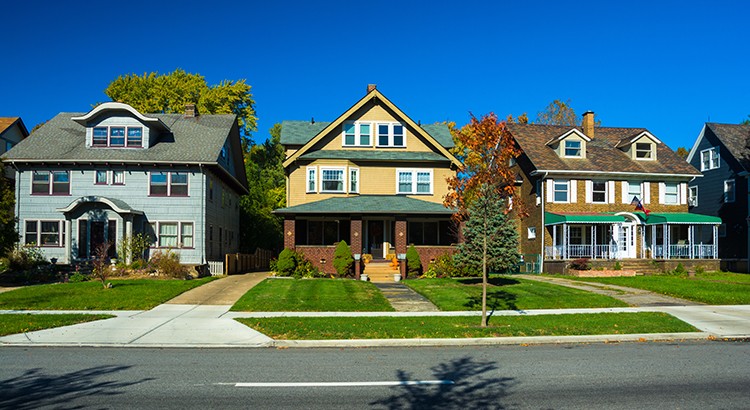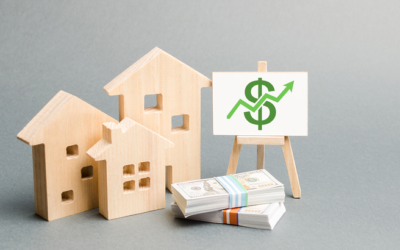
“The unsustainable market of the past two years is behind us, and the difference is being felt.”
The real estate market is on just about everyone’s mind these days. That’s because the unsustainable market of the past two years is behind us, and the difference is being felt. The question now is, just how financially strong are homeowners throughout the country? Mortgage debt grew beyond 10 trillion dollars over the past year, and many called that a troubling sign when it happened for the first time in history.
Recently Odeta Kushi, Deputy Chief Economist at First American, answered that question when she said:
“U.S. households own $41 trillion in owner-occupied real estate, just over $12 trillion in debt, and the remaining ~$29 trillion in equity. The national “LTV” in Q2 2022 was 29.5%, the lowest since 1983.”
She continued on to say:
“Homeowners had an average of $320,000 in inflation-adjusted equity in their homes in Q2 2022, an all-time high.”
What Is LTV?
The term LTV refers to loan to value ratio. For more context, here’s how the Mortgage Reports defines it:
“Your ‘loan to value ratio’ (LTV) compares the size of your mortgage loan to the value of the home. For example: If your home is worth $200,000, and you have a mortgage for $180,000, your LTV ratio is 90% — because the loan makes up 90% of the total price.
You can also think about LTV in terms of your down payment. If you put 20% down, that means you’re borrowing 80% of the home’s value. So your LTV ratio is 80%.”
Why Is This Important?
This is yet another reason we won’t see the housing market crash. Home equity allows homeowners to be in control. For example, if someone did need to sell their home, they likely have the equity they need to be able to sell it and still put money in their pocket. This was not the case back in 2008, when many owed more on their homes than they were worth.
Bottom Line
Homeowners today have more financial strength than they have had since 1983. This is a combination of how homeowners have handled equity since the crash and rising home prices of the last two years. And this is yet another reason homeownership in any market makes sense.
To view original article, visit Keeping Current Matters.
When You Sell Your House, Where Do You Plan To Go?
Working with a real estate agent throughout the process is mission-critical to your success. They’ll help you explore all of your options.
Experts Project Home Prices Will Rise over the Next 5 Years
Experts project home prices will continue to rise across the country for years to come at a pace that’s more normal for the market.
Are The Top 3 Housing Market Questions on Your Mind?
When it comes to what’s happening in the housing market, there’s a lot of confusion going around right now.
Is Wall Street Buying Up All the Homes in America?
Are institutional investors, like large Wall Street Firms, really buying up so many homes that the average person can’t find one?
Are There Actually More Homes for Sale Right Now?
If you’re looking to buy, you may have slightly more options than you did in recent months, but you still need to brace for low inventory.
Is Your House the Top Thing on a Buyer’s Wish List this Holiday Season?
Anyone shopping for a new home between Thanksgiving and New Year’s is likely going to be a serious buyer.





